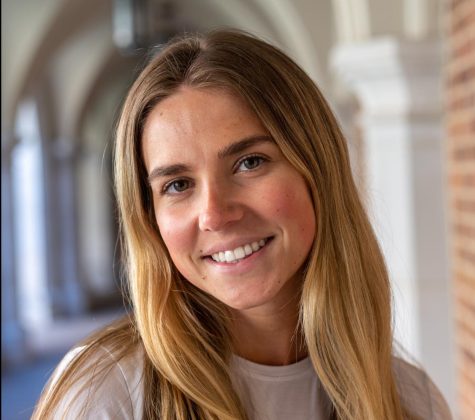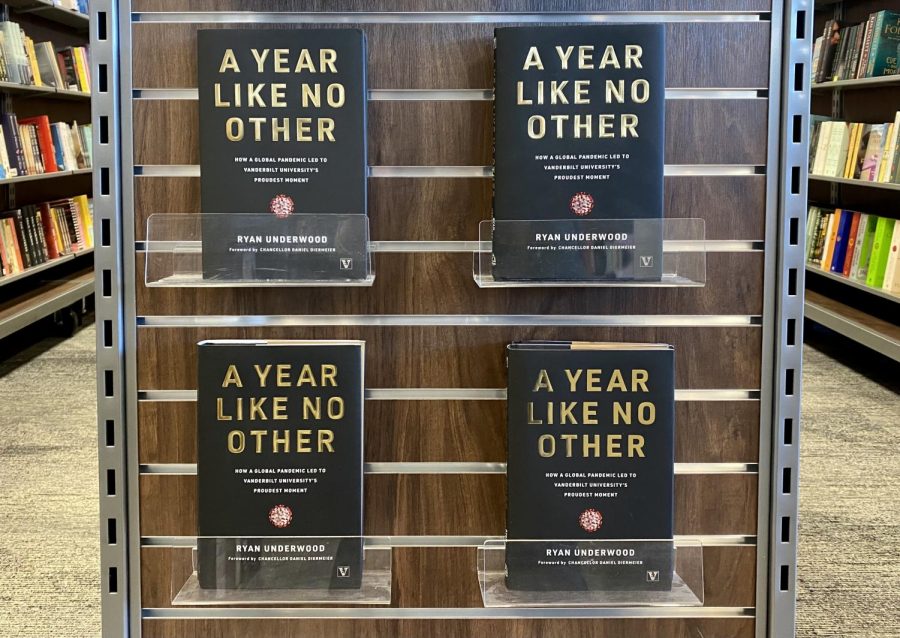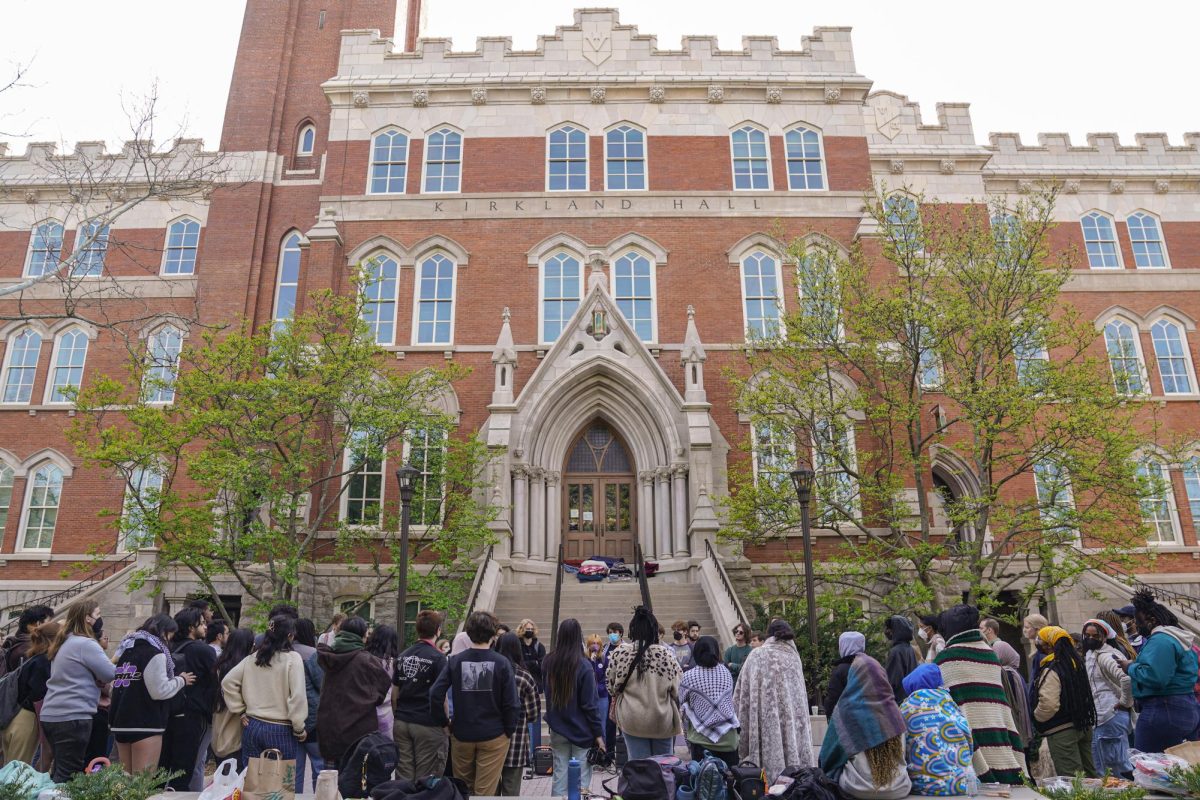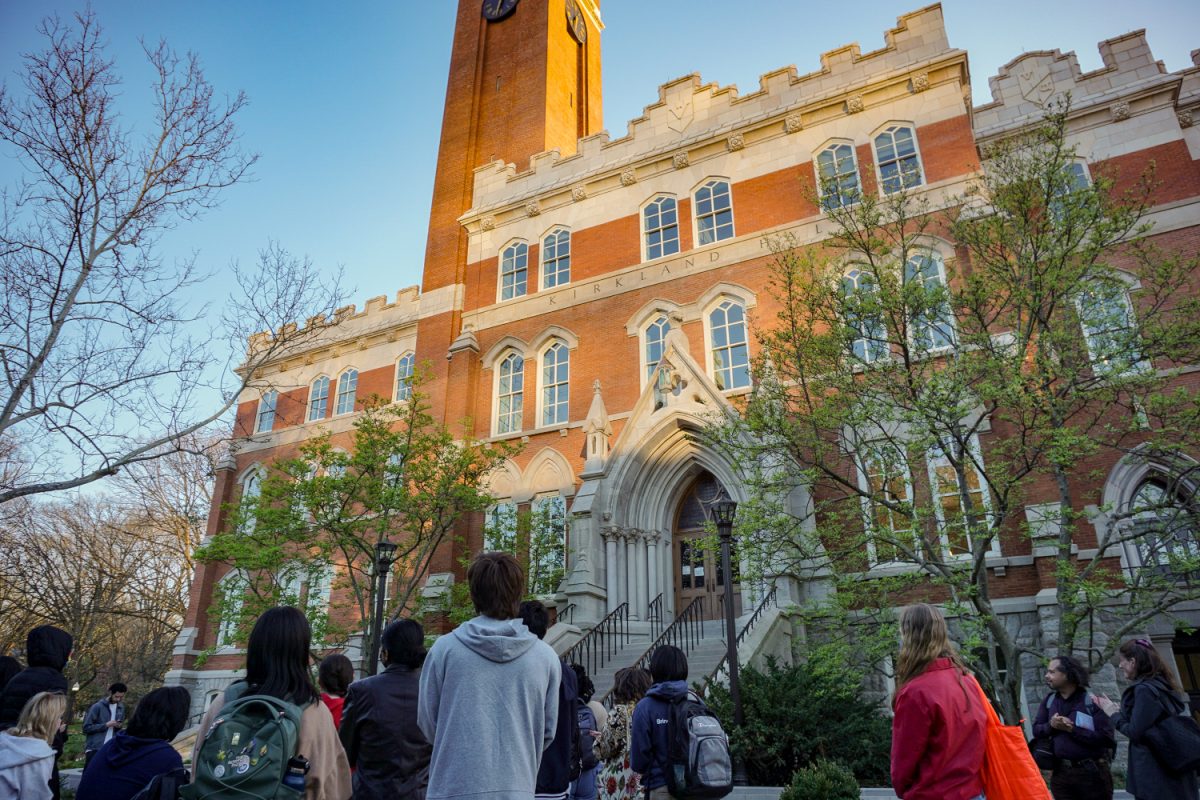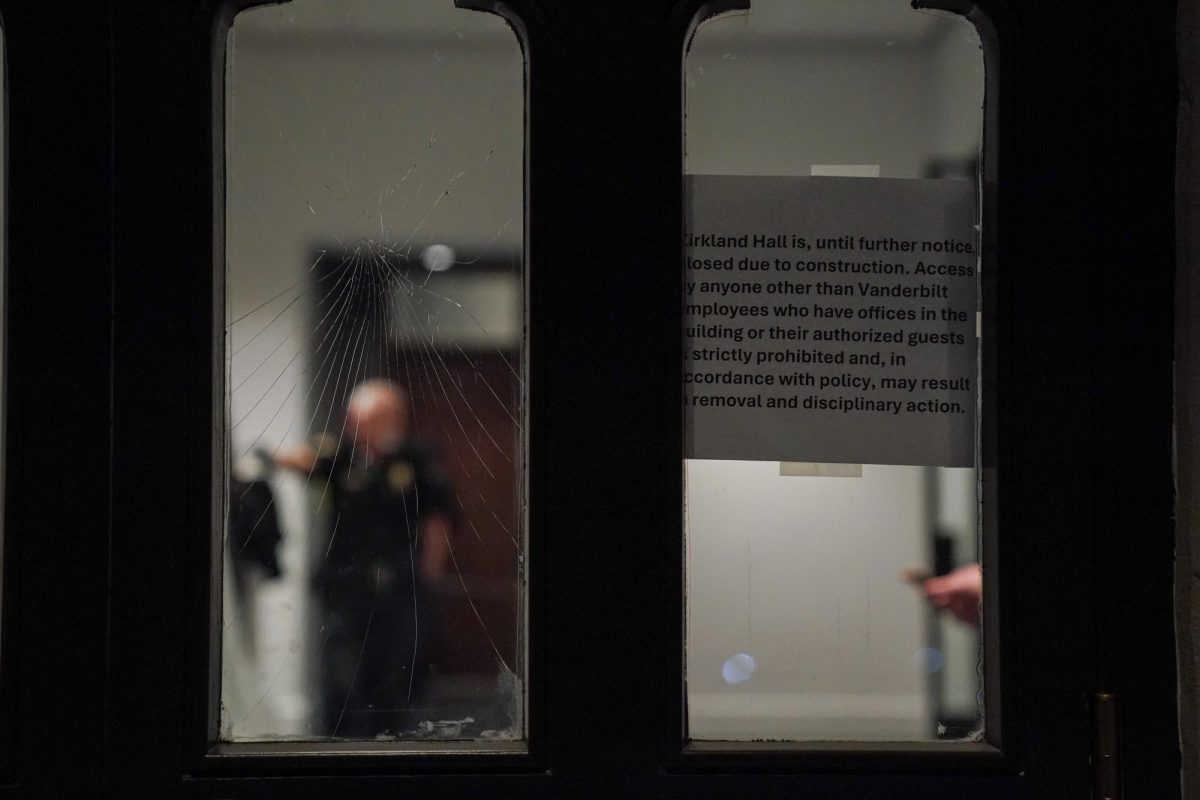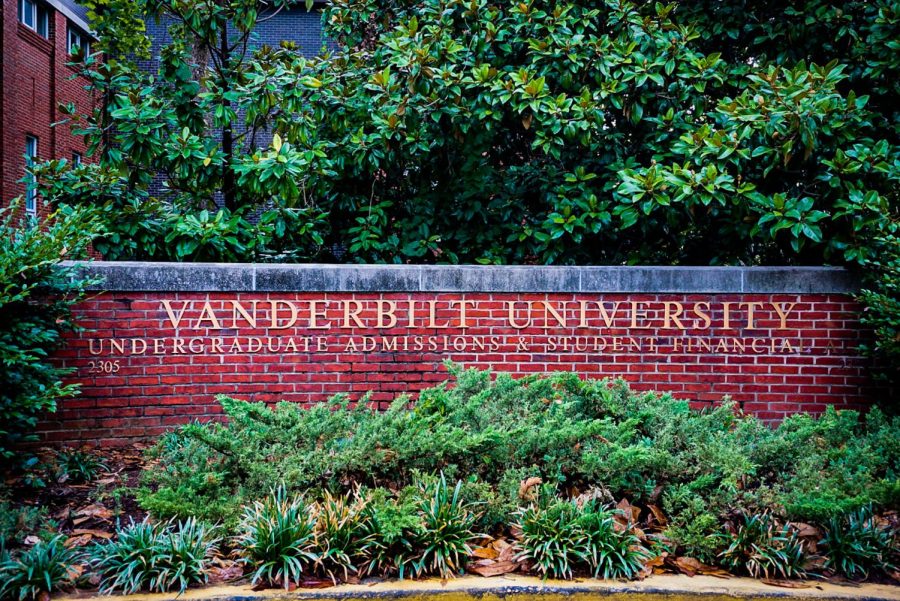As much as we all wish the pandemic were coming to an end, daily reported COVID-19 cases are still extremely high. As of today, February 6th, in Davidson County, the New York Times reported an average of 819 new cases of COVID-19 per day. The upside is that this number represents a 48 percent decrease from the reported average two weeks ago. In the most recently reported period, the Vanderbilt community had 276 positive cases.
Vanderbilt University has worked hard to uphold a stellar image and lead by example in terms of dealing with the COVID-19 pandemic. A book was recently published boasting the administration’s policies titled “A Year Like No Other” by Ryan Underwood. Chancellor Daniel Dermier reflected on the book’s legacy, that “it will serve as a case study for successful crisis management.”
As demonstrated by both the book and the hundreds of emails we received within the last year, Vanderbilt implemented rigid policies, some of which remain. They continue to monitor the COVID-19 situation as it pertains to our university activities.
“Students in quarantine and isolation should contact their instructors to discuss a plan to access class material and makeup missed work,” Vanderbilt’s official university policy on quarantined students states. “Faculty will work with students as they do other times when a student misses class due to a medical condition.” Given these new additions to this semester’s COVID-19 policies that unfairly put students at a disadvantage, Vanderbilt shouldn’t be boasting. The lack of Zoom options for students in quarantine stands out as an unfair and unacceptable change from last year.
Students who test positive for COVID-19 or are awaiting a test result are expected to quarantine according to CDC guidelines. Vanderbilt’s optimistic stretch for all in-person classes has unfortunately completely missed the mark. Students have struggled to catch up in classes with no Zoom options and professors have a limited number of options in terms of getting them students material.
Professors have confirmed that they are forbidden by the university to allow students the option to join on Zoom. A syllabus from one of my business courses reads, “University administration has determined that students may not attend class via Zoom for any reason, even if unable to attend in person.”
“A Year Like No Other” reveals that the university spent around 40 million dollars safeguarding campus last fall semester. Given the large amount of money the university invested in updating classroom technology, hiring technicians and training faculty, one would think they would be willing to continue to use these services. Professors, teaching assistants and students alike spent two school years learning and adapting; the Vanderbilt community put a lot of effort into learning how to effectively do hybrid learning.
Our new technologies showed us that there are creative and innovative ways to accommodate students during times of uncertainty. Students depend on these resources when in quarantine. The administration shouldn’t ignore the technology we already have when students still need it.
Yes, there is a valid point to be made about returning to normalcy. Some would argue that they don’t want to have to relive the terrible experience of hybrid learning. This is an understandable point; the mental and emotional toll of Zoom interaction and hybrid courses is real. However, removing all possible options for quarantined students is not going to solve the problem. Having one or even a few students who are quarantined Zoom into class is not the same as having an ongoing hybrid option in which many students in the class may choose to attend from home. The university could require documentation of a positive or pending test to avoid students taking advantage of the virtual option. The students would be hybrid for around a week and then would return to class as normal. The two scenarios are very different.
As we all can likely attest, missing a week straight of class can cause irreparable damage academically and place an enormous amount of stress on students. Sick students should be able to focus on their physical and mental health and should not be placed under even more strain as a result of falling ill. Not to mention classmates and professors are burdened with having to fill in material students were forced to miss. Both students and professors have enough work and pressure on their own. Allowing an easily implemented virtual option for students in quarantine would eliminate the additional stress placed on all parties involved.
This policy also relies on all students being responsible. Students are expected to report their positive or pending COVID-19 tests to the university knowing the result will be having to quarantine with no online alternative to attending class. It can only be expected that some students may be less inclined to do the responsible thing and get a test when showing symptoms out of fear of missing class.
How does encouraging students to stay in person and hide their symptoms help us beat this pandemic?
As a result of being hesitant to get tested, students may be spreading infections to others both inside and outside of the Vanderbilt community without even realizing it. Why do we continue to prioritize productivity over the physical well-being of our students? While the university may believe their policies are beneficial, this one may be doing more harm than good.
The Hustler’s coverage of graduate student protests revealed that this policy goes beyond affecting undergraduates. Roughly 20 Vanderbilt graduate students highlighted the hypocrisy of administrative policies and argued that Vanderbilt was putting its own students at risk. On Jan. 26 students protested various aspects of the administration’s response to the newest variant outside of Buttrick Hall. The protesters were arguing for everything from more KN95 masks and clearer COVID-19 guidelines to hybrid course options. Three graduate students, Nick Goodell, Katie Larson and Lindsey Breidenbach, began an online petition for online options and other pandemic policy changes, which now has over 500 signatures. The protest gained the attention of local NewsChannel 5. The success of this petition speaks to the number of students who do not want to fear that catching the virus will result in immeasurable stress and a game of catch-up after quarantine.
It is clear that the student body wants the administration to amend this newly implemented policy. We already have the technology and both faculty and students are trained and accustomed to using it. So the question remains: when are they going to start listening to our opinions and take our health into serious consideration?





